Cannabis edibles are all the rage right now. Not only do they taste great, but they also have potent cannabinoids that can totally transform the way you feel.
However, recently there has been some concern that certain edibles could potentially make your eyes look red. In this post, we explore this strange phenomenon, what causes it, and what you can do about it.
Why Do Cannabis Edibles Make Your Eyes Red?
The cardiovascular system is less a bunch of rigid tubes transporting blood around the body, and more like a complicated bunch of balloons. Blood vessels can dilate substantially (particularly when we are young) growing to many times their original size. For instance, you can blow up aortas (the main artery leading out of the heart) like party balloons: their walls are that stretchy.
Of course, whether you can see this depends on the location of the blood vessel. When arteries deep inside the body dilate, you can’t see them. However, when those near the surface expand, you can.
Cannabis edibles cause your blood vessels to dilate through the action of vasodilators. These are a class of chemicals that cause the walls of arteries to open up, creating more volume inside. The result of this process is greater eye redness than before.
Vasodilators are nothing new in the plant kingdom. Vegetables, such as rocket, lamb’s lettuce, kale and beetroot, all induce the production of the vasodilator, nitric oxide. After you consume these foods, this substance gets into the body and then interacts with blood vessels, causing them to expand. As the total internal volume of blood vessels increases, blood pressure drops.
Cannabinoids in edibles work in a similar way. When you consume THC, it causes a momentary increase in blood pressure. This causes blood vessels across the body to expand, including those in the eyes. Then, after five or ten minutes, the heart rate drops to normal and blood pressure returns to baseline, but the tiny blood vessels in the eyes (ocular capillaries) remain open. This combination of vasodilation and falling blood pressure is what causes the strange red-eye effect.
The relationship is dose dependent. In other words, the more THC you consume, the more red your eyes are likely to become. However, the degree of redness isn't the same for everyone. Gender, age, genetics and medical conditions can all make a difference. In general, people fall along a spectrum of reactions, from extreme redness to hardly any at all.
Should You Worry About CBD Edibles Making Your Eyes Red?
Most experts consider red eyes after edibles consumption to be perfectly normal. If you notice that you experience irritation after cannabis use, you can purchase over-the-counter drops to soothe your eyes. You can also try splashing cold water over your face, as this helps blood vessels shrink back to their regular size.
Red eyes will eventually go away. However, edible-induced redness lasts longer than other forms of cannabis administration (since people tend to consume edibles in higher quantities and it takes longer for THC to pass through the gut wall into the body). Typically, redness will peak between two and three hours after cannabis consumption and then last between four and twelve hours, depending on how rapidly your body returns to baseline.
If you are worried about eye redness, you can steer clear of THC-containing edibles. Many vendors now make CBD-only edibles which do not cause the same degree of vasodilation.
You can also try eating edibles with your regular meals. Research suggests that when you consume cannabis with other foods, the severity of eye redness goes down.
Another option is sunglasses or telling people you have allergies.
There is some stigma associated with red eyes - even today. People commonly associate it with being high, either through vaping/smoking or consuming edibles.
Are Red Eyes Good For You?
Surprisingly, there is some evidence that eye redness might actually be good for people. Research indicates that cannabis use reduces pressure in the eyes by up to 30 percent, potentially offering relief for people with glaucoma, a leading cause of blindness.
The Bottom Line
Consuming all types of cannabis products (including vapes, tinctures, and edibles) will lead to some degree of vasodilation. However, the issue is most noticeable among those consuming edibles because of the higher quantity and delayed release of THC into the body. Ultimately, though, it isn’t something to worry about.
Need a little more Bluntness in your life? Sign Up for our newsletter to stay in the loop.
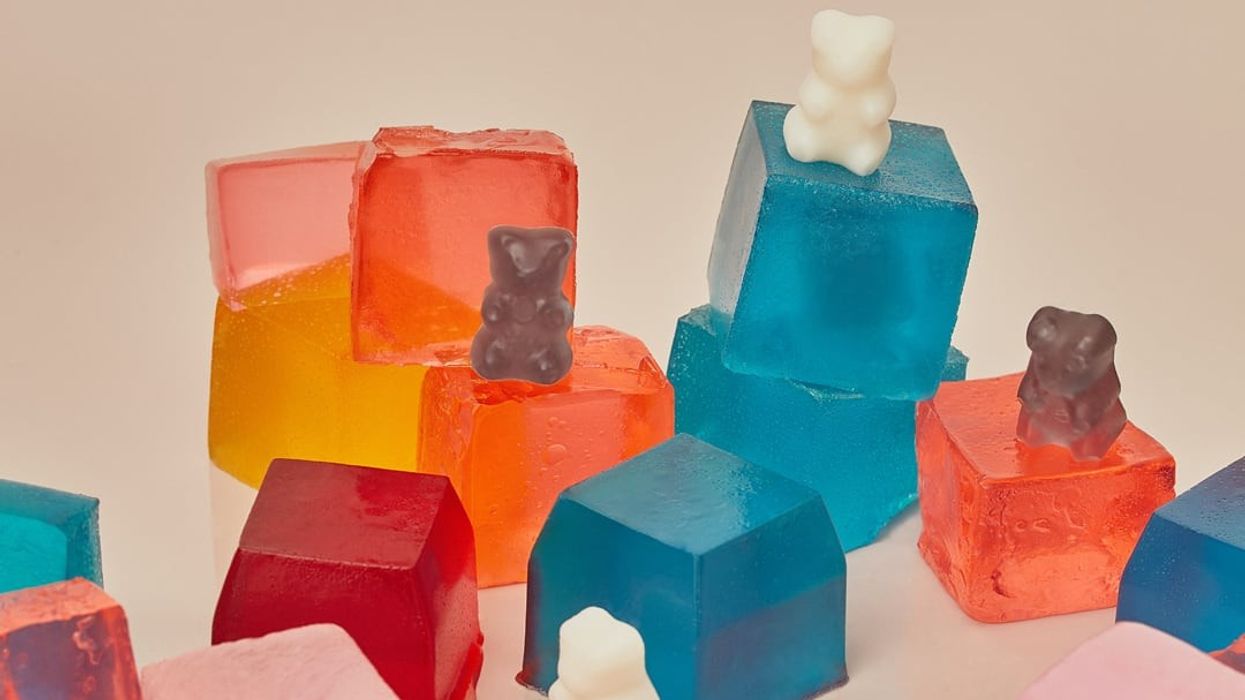






 11 Signs You've Greened Out and How to Handle It - The Bluntness
Photo by
11 Signs You've Greened Out and How to Handle It - The Bluntness
Photo by  11 Signs You've Greened Out and How to Handle It - The Bluntness
Photo by
11 Signs You've Greened Out and How to Handle It - The Bluntness
Photo by 

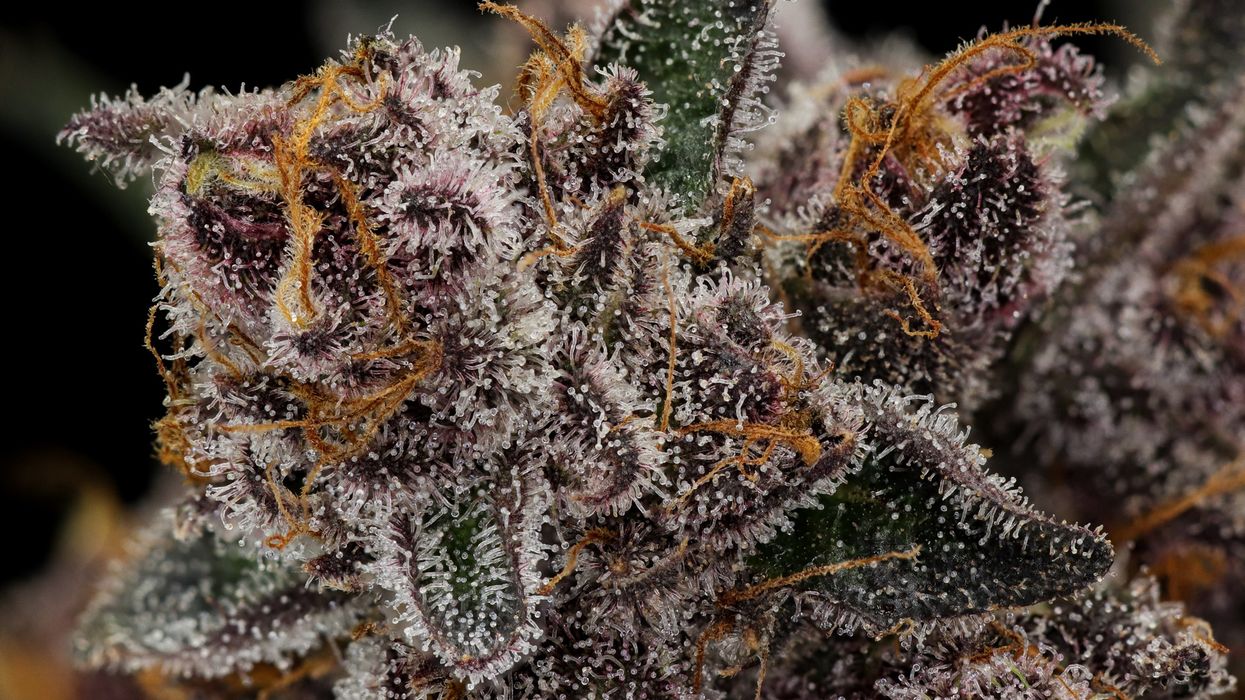




 The Truth About THC Candle: Cannabis Candles & How to Make Your Own - The Bluntness
Photo by
The Truth About THC Candle: Cannabis Candles & How to Make Your Own - The Bluntness
Photo by 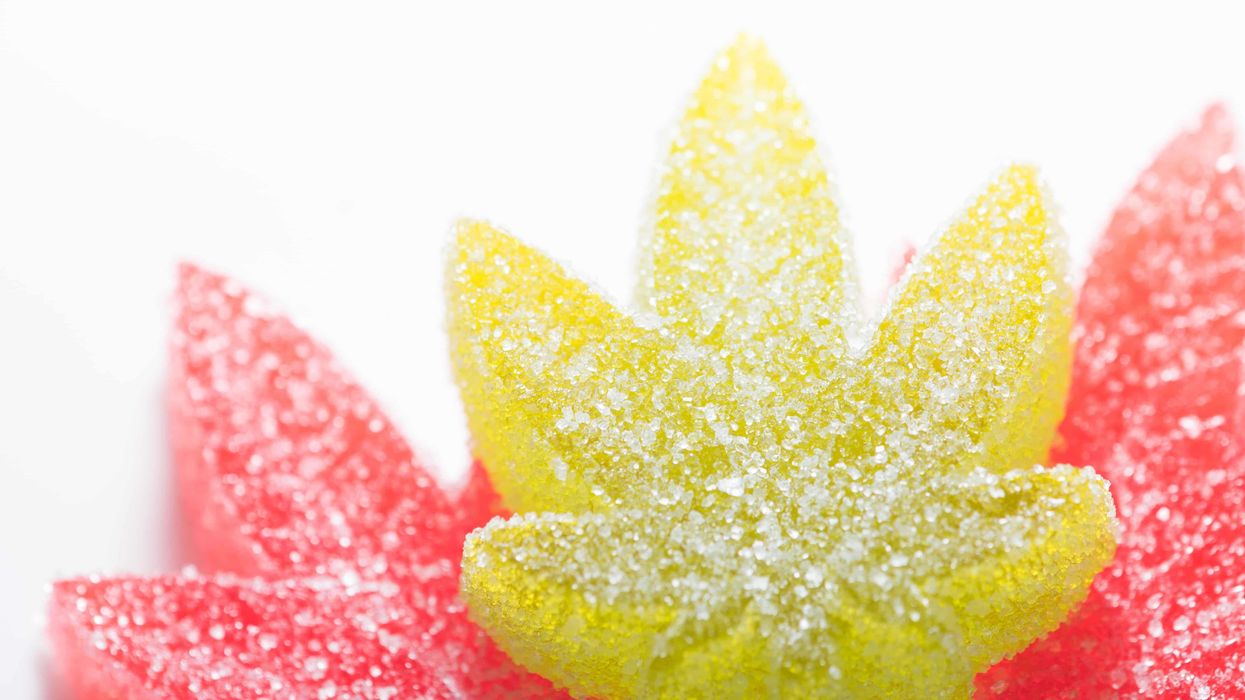
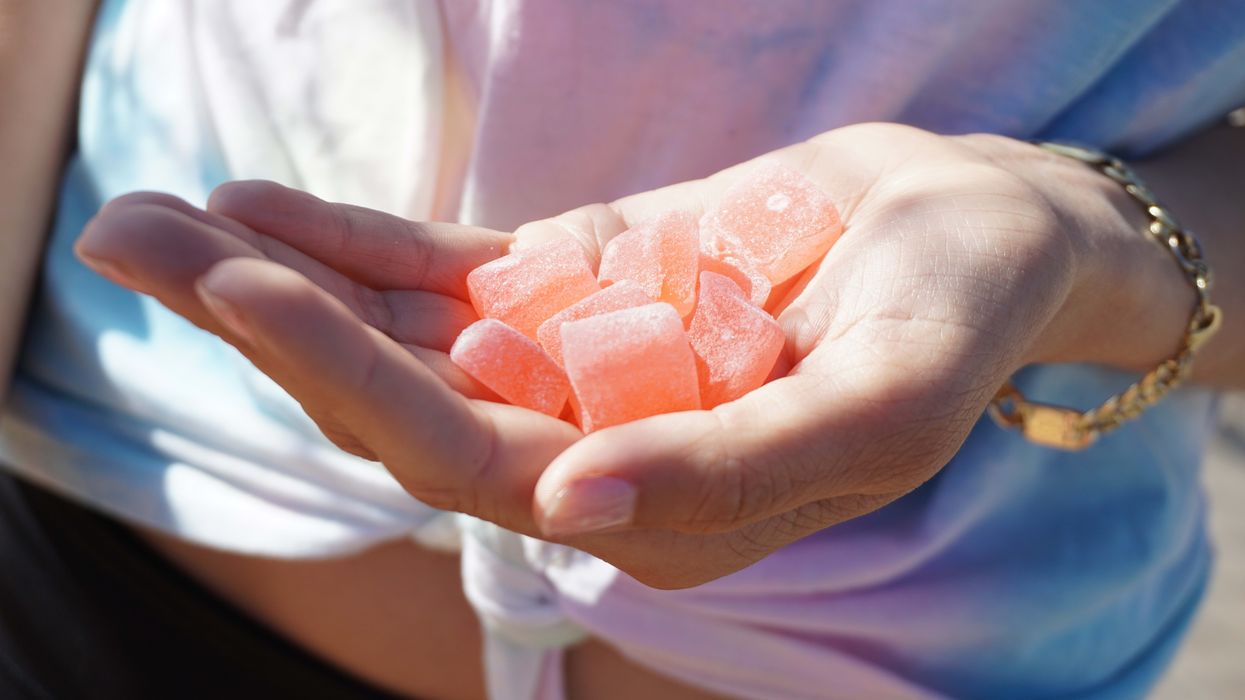
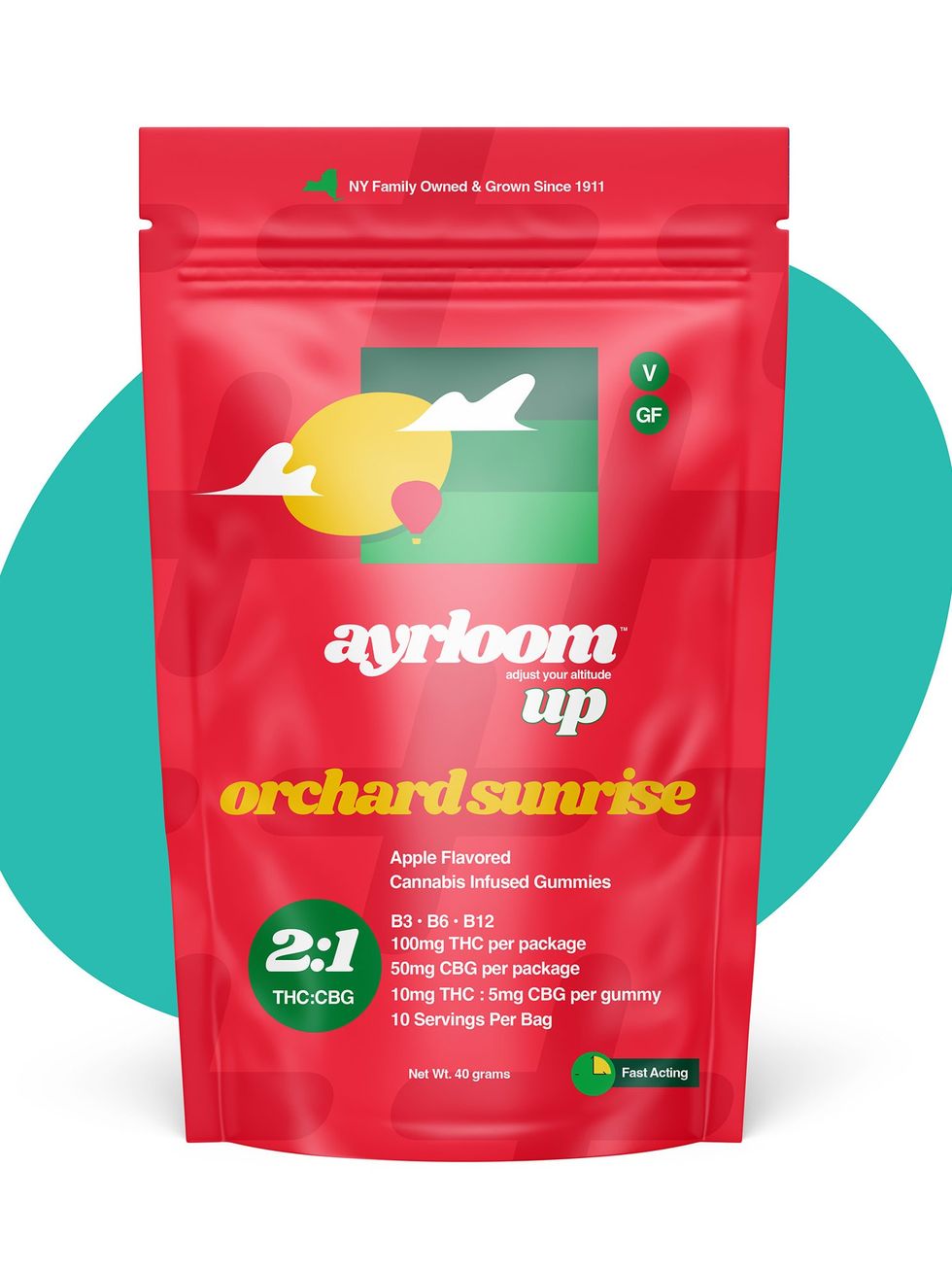 Ayrloom Orchard Sunrise Cannabis Infused Gummies
Ayrloom Orchard Sunrise Cannabis Infused Gummies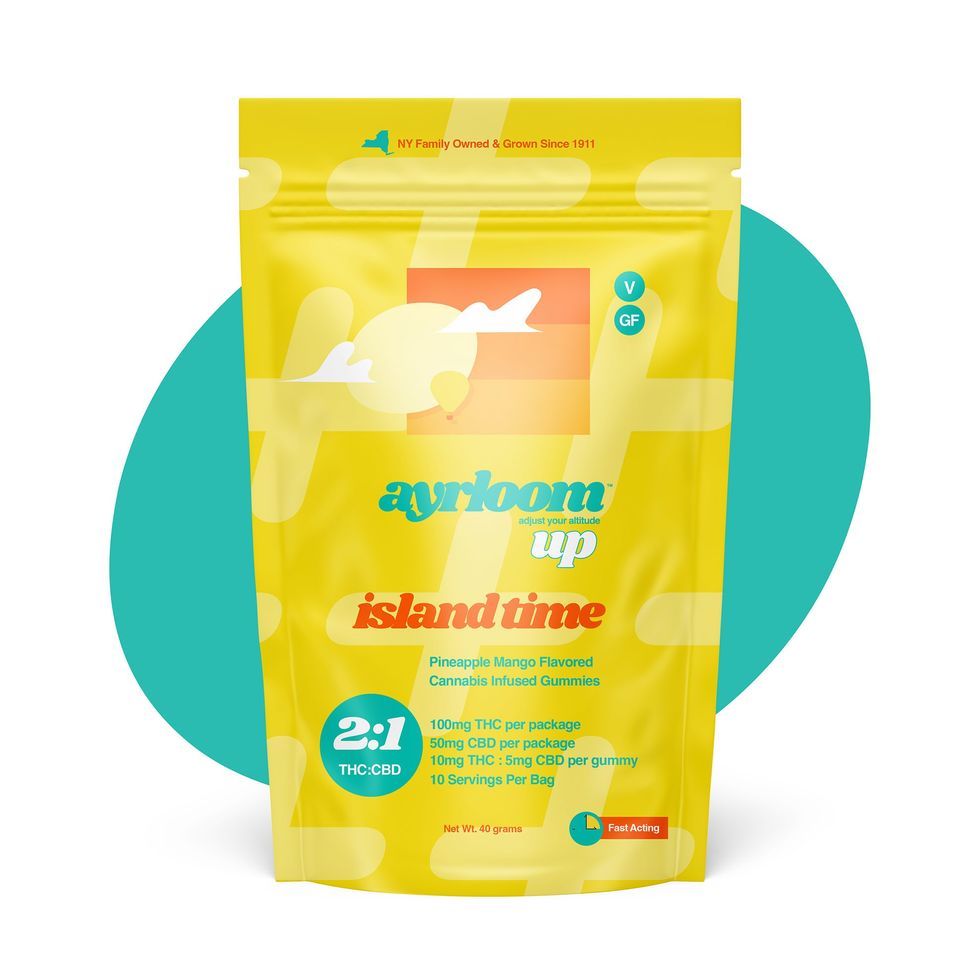 Ayrloom Island Time THC Gummies - Pineapple Mango Flavor
Ayrloom Island Time THC Gummies - Pineapple Mango Flavor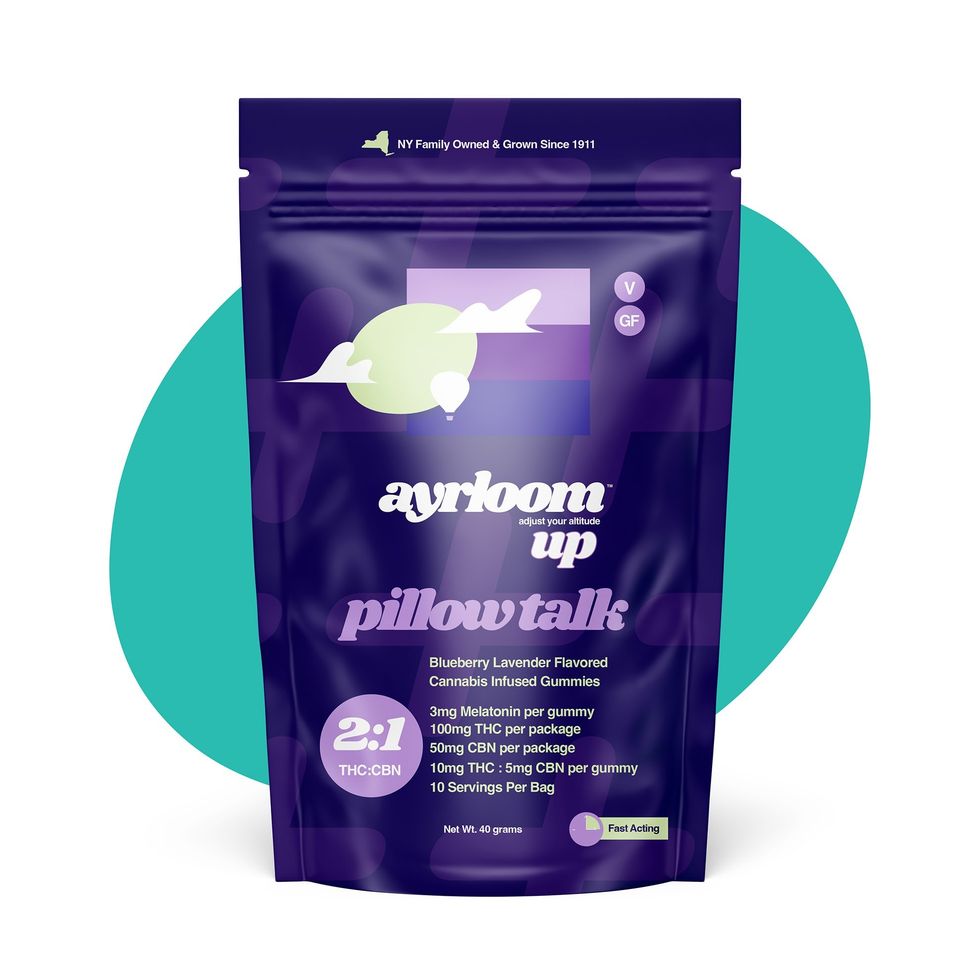 Ayrloom Pillow Talk - Sleep Gummies
Ayrloom Pillow Talk - Sleep Gummies 
 What will you do with that cannabis kief collection? - Make Coffee! The Bluntness
What will you do with that cannabis kief collection? - Make Coffee! The Bluntness DIY: How to Make Kief Coffee - The Bluntness
Photo by
DIY: How to Make Kief Coffee - The Bluntness
Photo by